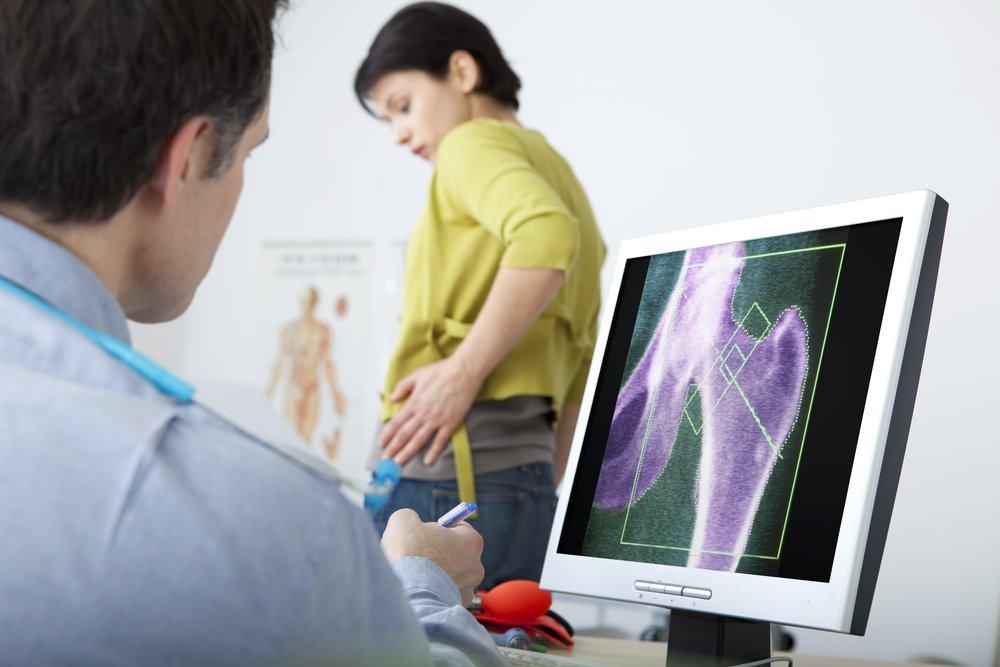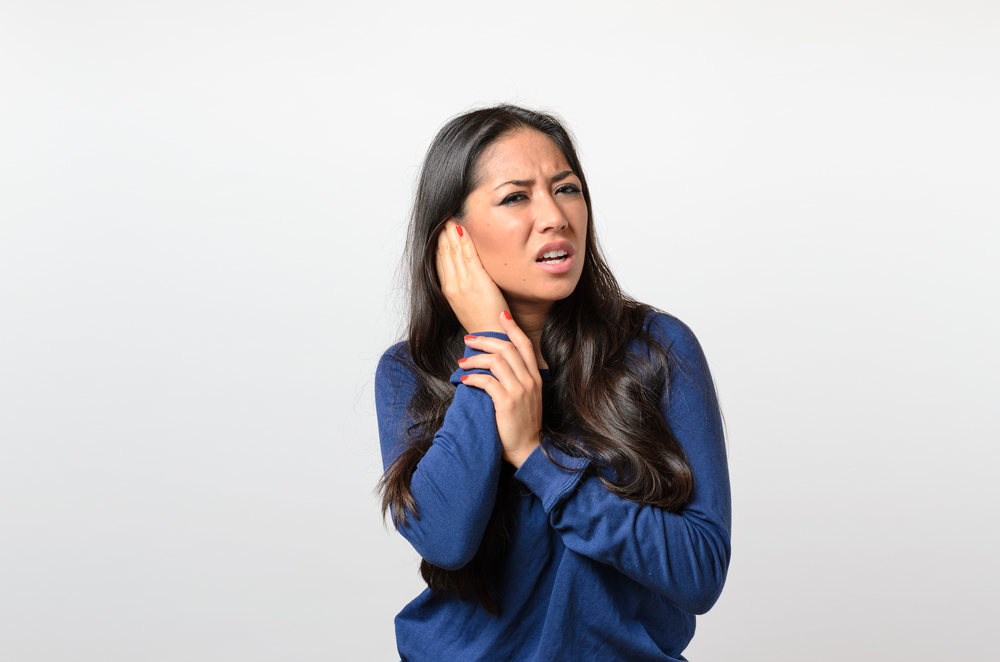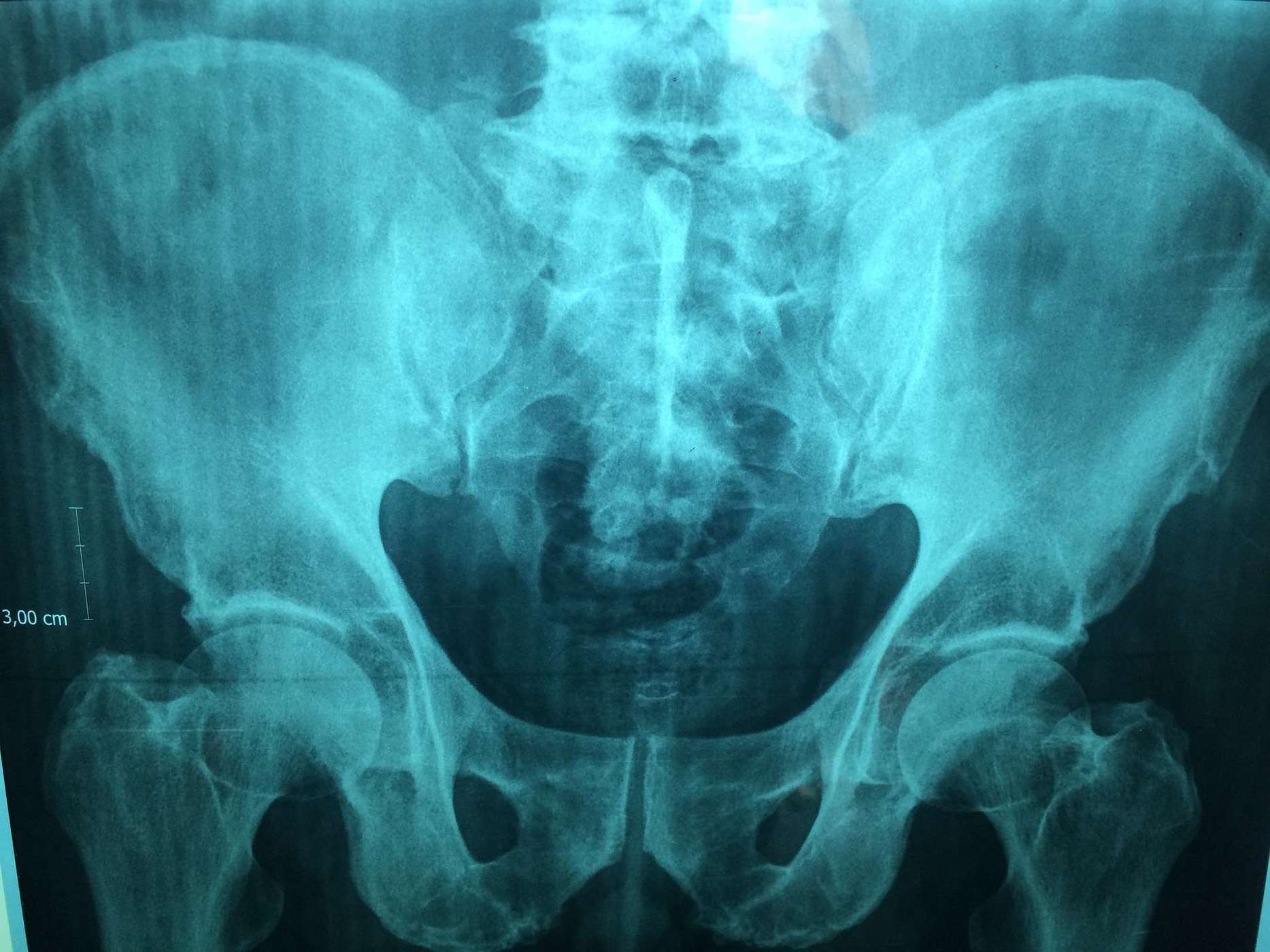Contents:
- Medical Video: Cervical Cancer Progression And Staging - Manipal Hospital
- What happens to the body due to cervical cancer
- Early symptoms of cervical cancer
- Prevention of cervical cancer that needs to be done
Medical Video: Cervical Cancer Progression And Staging - Manipal Hospital
Cervical cancer is one cancer that attacks many women and causes death. Therefore, it is expected that women be careful and take precautions to avoid the HPV virus that causes cervical cancer. When the body is infected with the HPV virus, the body can experience various changes due to cervical cancer.
What happens to the body due to cervical cancer
Cervical cancer can occur when abnormal cells in the cervix (cervix) grow uncontrollably. These abnormal changes in cervical cells are generally caused by infection with human papillomavirus (HPV). Initially, these abnormal cells only grow around the cervix and do not cause any symptoms.
The absence of symptoms makes many people tend not to do an examination or screening at first so that cancer cells do not spread further, because they really do not know. The growth of cancer cells in this early phase can be detected by pap smears. But unfortunately, most of the cervical cancer patients just came to treatment after experiencing advanced stage cervical cancer. Of all the new cases, 70% of the cases found were women with advanced cervical cancer, which meant that it was increasingly difficult to cure.
If cervical cancer is not treated, cancer cells can spread from the cervix to the vagina, and then enter the deeper connective tissue layer around the uterus. Over time, cancer cells can spread to the lymph nodes in the pelvis, other organs in the pelvis, causing problems with kidney and intestinal function, or other organs in the body, such as the liver and lungs. So, the result of cervical cancer can spread throughout the body and become very severe.
learn stages of cervical cancer stage,here.
Early symptoms of cervical cancer
Usually, when the cervical cells begin to change but are not said to have cancer, the body does not show any symptoms. In fact, the earlier the cervical cell changes are known, the easier it can be prevented and treated.
If this abnormal cervical cell is left, it can turn into cancer cells and cause initial symptoms, such as:
- Abnormal bleeding in the vagina, such as bleeding when not menstruating, after sex, or after menopause
- It hurts during sex
- Abnormal vaginal discharge and odor
- Pelvic pain
Symptoms of cervical cancer can also get worse when cervical cancer has entered an advanced stage, including:
- Anemia due to abnormal vaginal bleeding
- Pain or pain in the pelvis, back and legs
- Problems urinating due to blocked kidneys or ureters
- Urine or feces leak into the vagina, because a fistula is formed (an abnormal channel that connects the vagina with the bladder or rectum)
- Weight loss
Prevention of cervical cancer that needs to be done
Changes in cervical cells detected early can prevent abnormal cells from turning into cancer cells. So, doing a pap smear is the best way to detect the development of cancer cells in the cervix. PAP smear can show changes in abnormal cells in the cervix before turning into cancer, so that cervical cancer can be prevented.
An abnormal pap smear can mean there is a change in the cervical cell, this can be indicated by:
- Inflammation or irritation of the cervix. This can be caused by infection of the cervix due to HPV.
- The change in cells becomes abnormal, called cervical dysplasia. Cell changes that do not include cancer cells, but may be precancerous.
- Sign of a more serious cancer, which is characterized by changes in the surface layer of the cervix.
- Signs of cancer begin to spread, this cell change extends to the tissue outside the cervix.
In addition to pap smears, prevention of cervical cancer can also be done by HPV vaccination. HPV vaccine can encourage the body to create antibodies to fight the HPV virus, so that the body can create a stronger defense.
Getting an HPV vaccine as early as possible, even before you start active sexual intercourse, is highly recommended to prevent cervical cancer.












